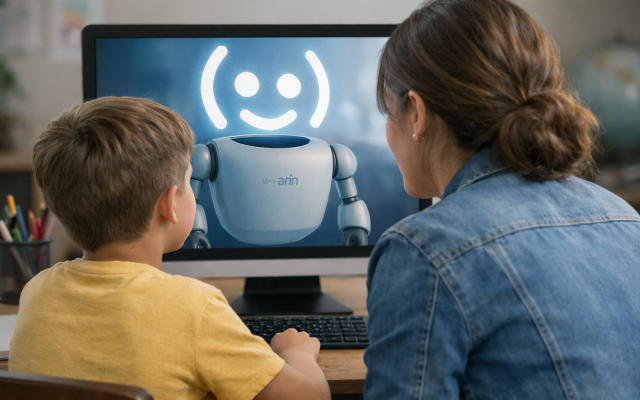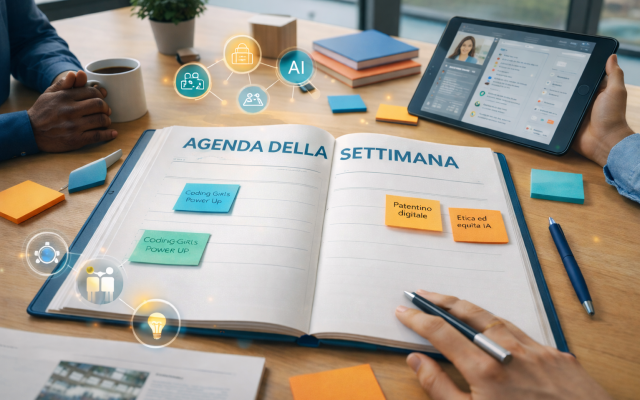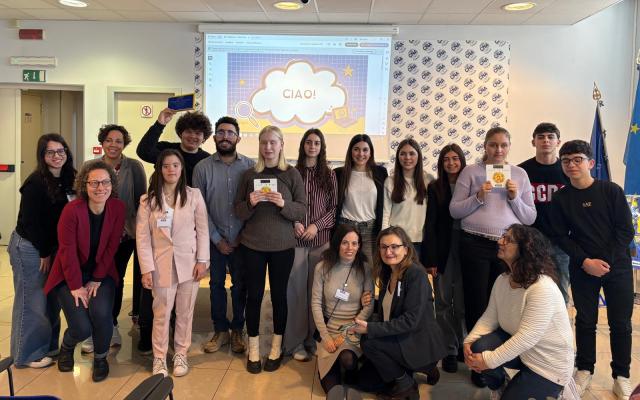A Natural Sciences Professor at the Liceo scientifico Galileo Galilei in Potenza, a school that has always been on the cutting edge, Mariarosaria Sabina is on the Digital Team and has always been involved in research-action, especially in digital didactics. She firmly believes in driving agreements between schools, the local community and citizens for a fecund “pedagogic engineering” of innovative school. She as chosen an open and collaborative educational approach because science is a collective, democratic and socially contructive endeavour. Together with her “Our School” Team, Prof. Sabina has developed Scienz@app to make scientific content easily available through ha video playlist created by students.
Today, with Mariarosaria Sabina, we present the 34th instalment of our “Our School” Professors. As usual, we share a short self-presentation video and then the interview with researcher Ilaria Gaudiello, who coordinates the works of the open source community of professors and educators.
INTERVIEW
Maria Rosaria, your research-action experience indicates that studying, experimenting and evaluating are a necessary cycle in didactic innovation, too. How do you approach teaching?
I work at a school that has a consolidated experience in research and the implementation of methodological and organisational innovation processes, as well as solid on-line activity, so I have ample support in developing digital educational labs to teach skills. This requires study, commitment, research and self-education which, once pursued, produce experimental project proposals that can be shared to keep students always at the centre. Thus, digital mediators are spontaneously integrated into didactic activities for cognitive (multiple intelligences, teaching/learning styles, cooperative learning), motivational and functional aspects of our complex society. The product is an educational assessment that improves learning and teaching processes and provides us with precious information on the progress of students.
You have also co-developed a course that involves students actively in the educational community for “Our School.” This seems to mirror your conception of science and didactics in science. What can you tell us about this experience?
The course was developed with three colleagues and proved to be a very interesting experience. It allowed different professional perspectives in the “Our School” Community to debate and converge towards an experimental proposal, supervised by FMD experts, that involved two second-year classes. Eventually, this led to the development of Scienz@app, a useful app that allows students to find information, study, focus on specific aspects and speed up their studies. Scienz@app provides scientific content through an easy video playlist that is developed by the students themselves. The objective is to allow them to become protagonists of their learning, promoting maximum digital inclusion and educte them to the technology of the future.
What’s your next dream project that you would like to share with our community?
I would love to continue working with the Scienz@app team or with other “Our School” colleagues, with coders and creative minds, on open-source editorial content (images, text, video and music) to allow students to fully delve into the treasure trove of digital tools. Open content is the future of school.



